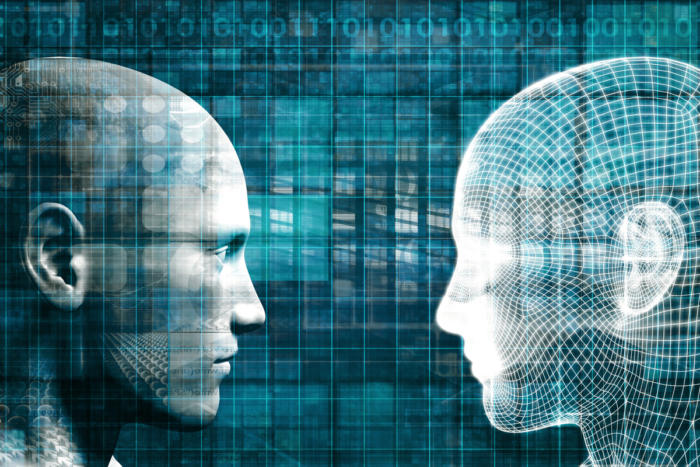Artificial intelligence and machine learning are eating up workloads at IT help desks, in cybersecurity, and other IT tasks, stirring significant concern over the long-term impact AI will have on jobs — even in the IT industry.
copyright by www.cio.com
 And the concern isn’t unfounded. According to a recent report from Tata Consulting Services, in 12 out of the 13 major industry verticals, IT is the most frequent user of AI , with more than 46 percent of IT organizations at large corporations incorporating AI into their work portfolios.
And the concern isn’t unfounded. According to a recent report from Tata Consulting Services, in 12 out of the 13 major industry verticals, IT is the most frequent user of AI , with more than 46 percent of IT organizations at large corporations incorporating AI into their work portfolios.
IT jobs will change not vanish
But that doesn’t mean IT jobs are about to go the way of telephone switchboard operators. Instead, the day-to-day activities of enterprise technology professionals will evolve alongside AI and new skills may be required. This is already happening at U.K.-based InterContinental Hotels Group, which includes Crowne Plaza, Holiday Inn, and several other hotel chains. Two years ago, when Scot Whigham, the company’s director of global IT service support, came on board, IHG had 35 people working in first- and second-tier tech support, helping hotel employees and corporate staff deal with problems with reservations and other back-end systems, as well as general hardware and software issues. The staff had difficulty keeping up with the round-the-clock needs of the company and handling emergencies, says Whigham.So, in early 2016, the company launched a major transformation to provide better self-service options, and to be able to scale up when needed.
New everyday
“AI was part of our transformation strategy,” he says. IHG deployed IPSoft Amelia, an AI-enabled IT service desk agent that can hold intelligent conversations, answer questions, perform common support tasks and, more importantly, learn from experience. “Our metrics are much improved over what we had before we started,” he says. “And our usage of the self-help and the AI platform has increased tremendously.” IHG’s experience provides a glimpse of AI’s future impact on IT work, one in which productivity is enhanced and new career opportunities open up, but with some caveats on the types of tasks and roles that may no longer be necessary for humans to complete in the future. […]
read more – copyright by www.cio.com


Artificial intelligence and machine learning are eating up workloads at IT help desks, in cybersecurity, and other IT tasks, stirring significant concern over the long-term impact AI will have on jobs — even in the IT industry.
copyright by www.cio.com
IT jobs will change not vanish
But that doesn’t mean IT jobs are about to go the way of telephone switchboard operators. Instead, the day-to-day activities of enterprise technology professionals will evolve alongside AI and new skills may be required. This is already happening at U.K.-based InterContinental Hotels Group, which includes Crowne Plaza, Holiday Inn, and several other hotel chains. Two years ago, when Scot Whigham, the company’s director of global IT service support, came on board, IHG had 35 people working in first- and second-tier tech support, helping hotel employees and corporate staff deal with problems with reservations and other back-end systems, as well as general hardware and software issues. The staff had difficulty keeping up with the round-the-clock needs of the company and handling emergencies, says Whigham.So, in early 2016, the company launched a major transformation to provide better self-service options, and to be able to scale up when needed.
New everyday
“AI was part of our transformation strategy,” he says. IHG deployed IPSoft Amelia, an AI-enabled IT service desk agent that can hold intelligent conversations, answer questions, perform common support tasks and, more importantly, learn from experience. “Our metrics are much improved over what we had before we started,” he says. “And our usage of the self-help and the AI platform has increased tremendously.” IHG’s experience provides a glimpse of AI’s future impact on IT work, one in which productivity is enhanced and new career opportunities open up, but with some caveats on the types of tasks and roles that may no longer be necessary for humans to complete in the future. […]
read more – copyright by www.cio.com
Share this: